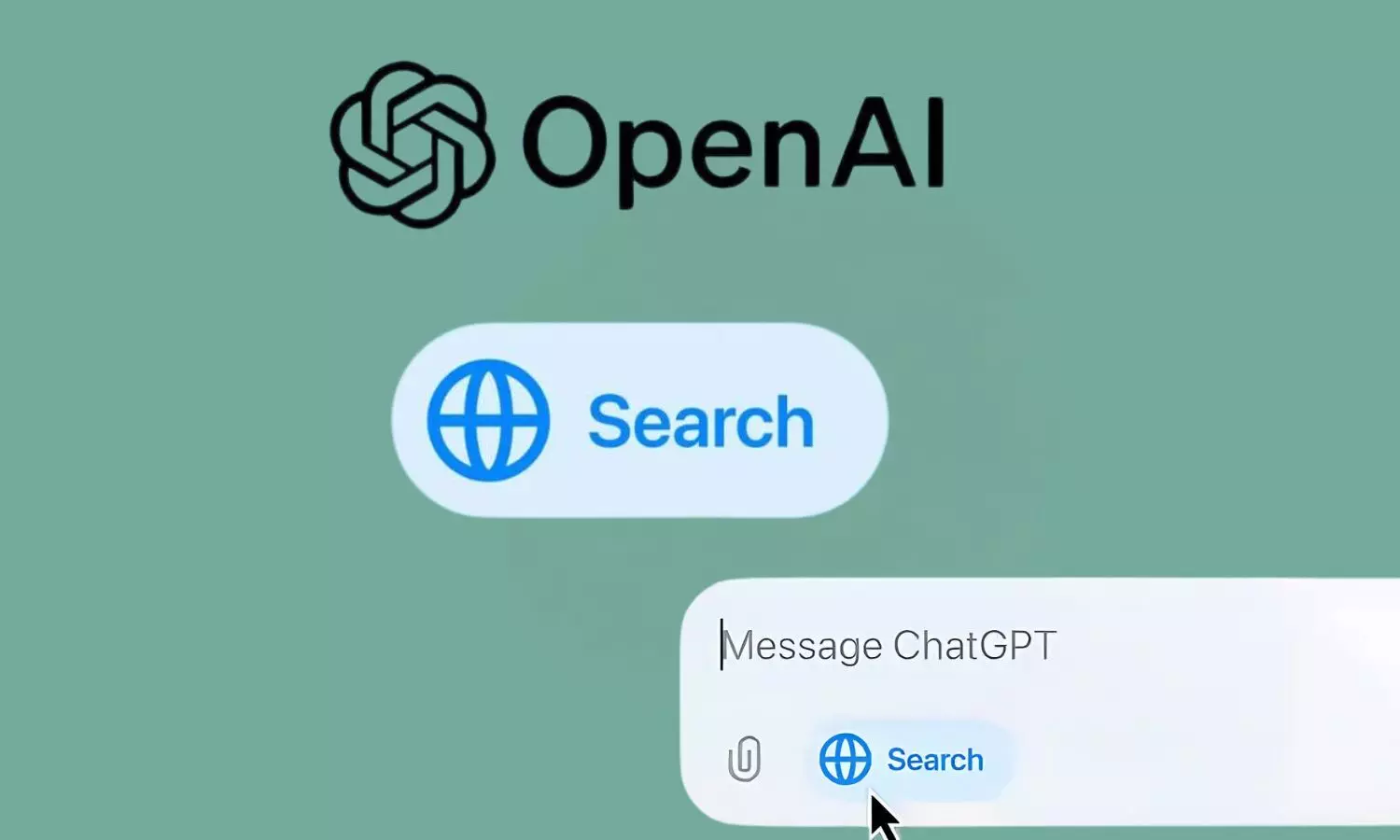OpenAI Expands AI-Powered ChatGPT Search to All Users, Highlights ChatGPT Pro and New Features
OpenAI has made its ChatGPT Search tool available to all users, previously exclusive to premium plans. The update includes web and mobile access, search engine integration, maps, and upcoming voice features, as part of the "12 Days" Ship-mas initiative.
OpenAI Expands AI-Powered ChatGPT Search to All Users, Highlights ChatGPT Pro and New Features

OpenAI has opened access to its internet-powered ChatGPT Search tool for all users, a feature previously limited to those on premium plans. Announced on Monday, December 16, the update allows anyone with a ChatGPT account to use the search functionality via both the web version and mobile app.
Earlier, the AI-powered search option, formerly known as SearchGPT, was exclusive to subscribers of ChatGPT Plus or OpenAI’s Team plan. The change aims to broaden access to OpenAI’s search capabilities, integrated directly into its flagship AI platform.
OpenAI revealed that users can now configure ChatGPT Search as the default search engine within their preferred web browsers. Additionally, reports suggest OpenAI is working on developing its proprietary web browser to rival established players like Google Chrome.
“We’re also adding maps to ChatGPT in our mobile apps, so you can search for and chat about local restaurants and businesses with up-to-date information,” OpenAI stated in a post on X (formerly Twitter). The company confirmed that Advanced Voice Mode will also be rolled out to ChatGPT Search within the upcoming week.
These updates are part of OpenAI’s ongoing “12 Days” Ship-mas initiative, which has so far introduced multiple products, including the text-to-video tool Sora and a $200 per month subscription tier known as ChatGPT Pro. The event will continue for four more days with further announcements anticipated.
While OpenAI initially considered launching its search function as a standalone product, the decision to embed it into ChatGPT aligns with the platform’s surging popularity. ChatGPT currently sees over 300 million weekly active users globally.
Over recent months, OpenAI has secured content licensing agreements with prominent publishers such as Associated Press, Reuters, and Condé Nast. These deals allow OpenAI to train its AI search engine on data from trusted news sources, influencing the search results provided to users.
Despite its expanding capabilities, concerns have emerged about ChatGPT Search’s accuracy in attributing sources. A study by Columbia University’s Tow Center for Digital Journalism examined how well ChatGPT Search could identify publishers, publication dates, and URLs for quotes taken from news articles. Of the 200 quotes tested across 20 different publishers, ChatGPT Search failed to provide accurate source information 153 times.
The study highlighted mixed results, stating: “We observed a spectrum of accuracy in the responses: some answers were entirely correct… many were entirely wrong, and some fell somewhere in between.”
By expanding search functionality and introducing new tools like Sora, OpenAI continues its push into the AI search engine space, competing against established tech giants.

